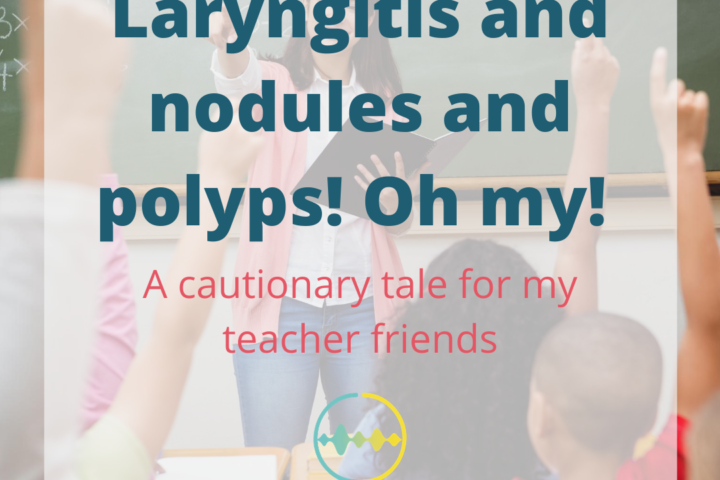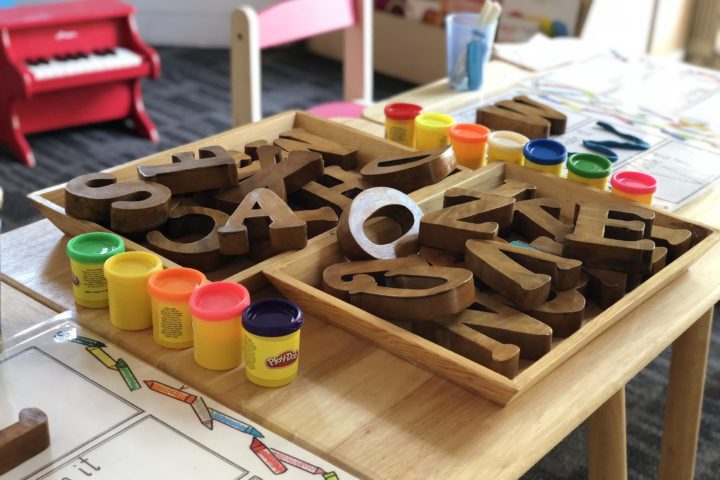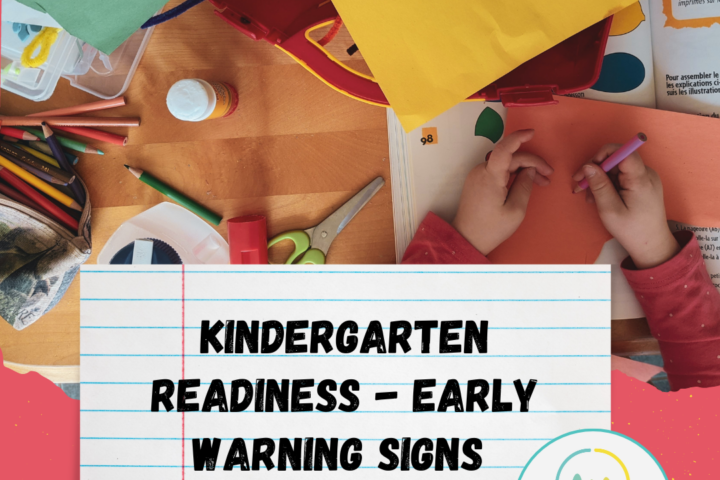Children can go through periods of disfluency, or stuttering, when they’re developing new vocabulary or language skills. This is called developmental stuttering. Thus, many medical professionals, some SLPs included, opt for a “wait and see” approach. It is often recommended that parents monitor their child’s speech for 6 months after they notice suspected stuttering and then seek an evaluation and interventions. I guess I can understand this. I’m a panic-er by nature. Sometimes I need to take a step back and evaluate situations before I act because if I acted on everything I panicked about, I basically would be at my doctor’s office everyday!
But, hm.
So, how do you know if it’s time to seek services for a “true” stutter? For me, there are a few signs of stuttering of which parents should be aware.
So, how do you know if it’s time to seek services? For me, there are a few signs of stuttering of which parents should be aware.





